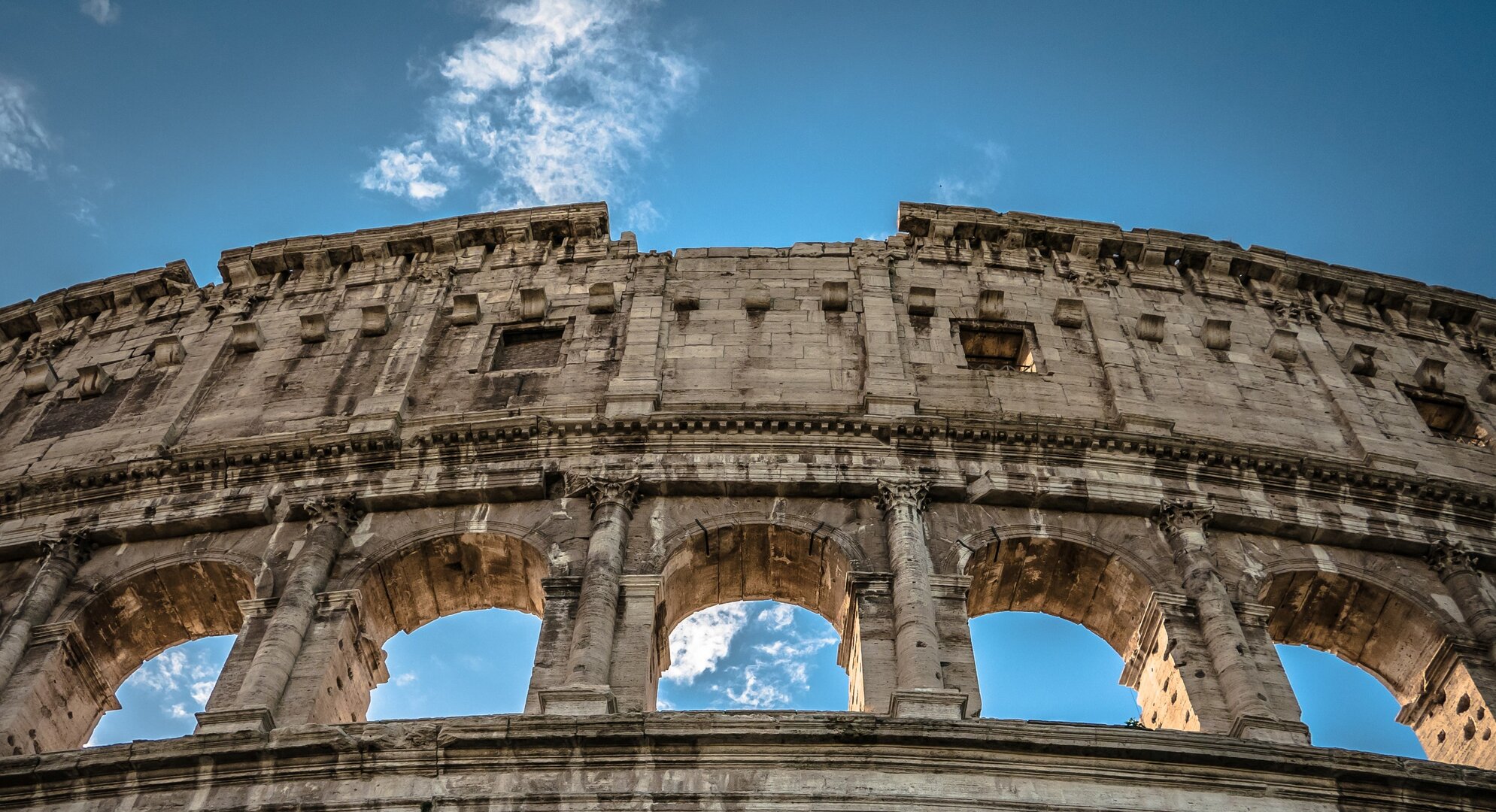Housing policies for low-income groups in developing countries - a case in point: Brazil's slum governance in Rio de Janeiro

Italy, with extremely rich cultural heritage resources, is an important place to carry Greek culture, the center of Roman civilization, the core of Catholicism and the birthplace of the Renaissance. According to the statistics of UNESCO, about 60% to 70% of the most representative monuments in Western civilization are concentrated in Italy - including more than 6000 archaeological sites (without including those sites under water), 95000 church buildings, more than 1500 monasteries, more than 20000 ancient castles, 900 intact historical central areas of the ancient city. There are countless immovable cultural relics such as villas, manors, palaces and historical buildings, as well as more than 3500 museums and 18500 ancient architectural libraries. It can be said that Italy itself is a large open-air museum. As the country with the largest number of world heritage sites, Italy has also accumulated rich experience in public participation in cultural heritage protection.
The good protection of Italian cultural heritage is the result of the joint action of many factors:
There are profound historical and cultural reasons for the protection of cultural heritage in Italy. For example, the urban governance of the ancient Romans and the strong power of the church have had a positive impact on the protection of cultural heritage.
The social capital strength and the sense of local culture in Italian society also promoted the cause of cultural heritage protection. The protection of historical heritage can not only directly reflect the collective sense and cohesion of citizens, but also macroscopically reflect the social capital power of heritage.
The legislative and systematic framework of cultural heritage protection and implementation is another important factor for the preservation of Italian cultural heritage for a long time. Italy is the first country in the world to encounter the problem of cultural heritage protection.
From an economic perspective, the rich and diverse cultural heritage in Italy is an important resource to promote Italy's economic development.
We have been following up on cultural protection. Italian cultural heritage protection measures are worth learning from other countries, both at the level of Socialist Capital and legislation. This research can provide reference for other countries in the protection of cultural relics and heritage.
About Us
Institute of International Exchange is an international non-governmental and non-profit organization. We hope to build an equal and friendly platform for exchanges and cooperation around the world.
© 2023 Institute of International Exchange




